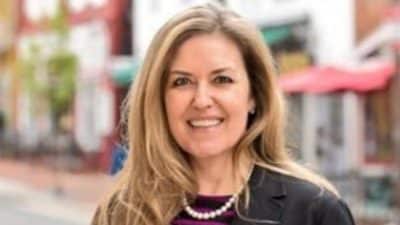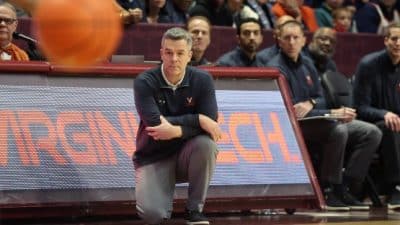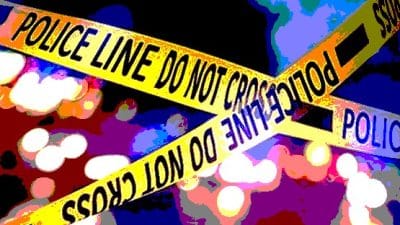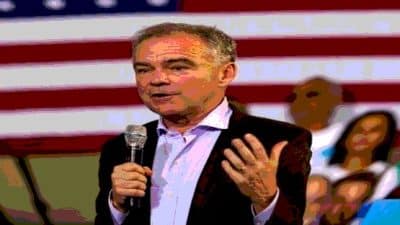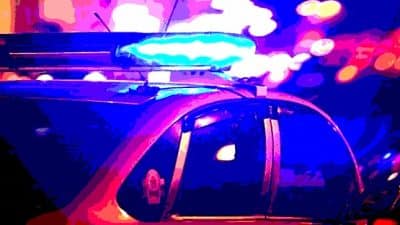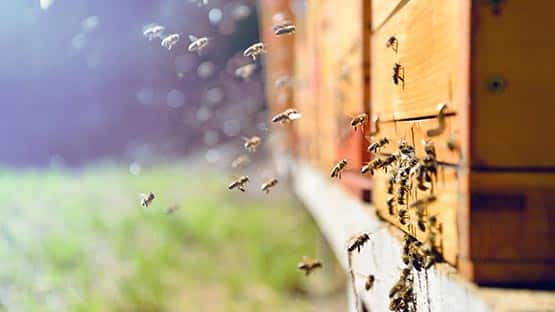
More than $2 million worth of honey is produced in Virginia annually – but honeybees do more than “just give us honey,” one expert says.
During National Honey Month in September, Virginia Farm Bureau is working to highlight the honeybee’s importance.
From early spring until the final harvest in September each year, Virginia honeybees produce around 250,000 pounds of honey from roughly 7,000 colonies, according to 2022 data from the U.S. Department of Agriculture.
Popular Virginia honey varieties include basswood, buckwheat, clover, locust, thistle and wildflower.
Honey is also used for medicinal purposes due to its antimicrobial properties, according to Margaret Couvillon, an assistant professor of pollinator biology and ecology in Virginia Tech’s Entomology Department.
Couvillon, who leads a research lab studying the behaviors of honeybees and how they collect food, said there has been an increase in awareness of the honeybee’s importance over the years.
“People are suddenly more aware that bees do more than just give us honey. They’re really important to the way that we live our lives,” she said.
Along with providing food for surrounding wildlife, honeybee pollination boosts crop production – accounting for about $15 billion in added crop value nationally.
About a third of the food eaten by Americans comes from crops pollinated by honeybees, according to the U.S. Food and Drug Administration.
Beekeeping has become a unique farming opportunity, according to Keith Tignor, state apiarist for the Virginia Department of Agriculture and Consumer Services.
“I think that’s appealing to people because they can scale up or scale down depending on what they feel comfortable with,” said Tignor.
Tignor has noticed a growing interest in beekeeping through programs like the VDACS Beehive Distribution Program, which attracts thousands of applicants each year. The program offers starter kits to applicants and a wealth of information for beginning beekeepers.
“Even though it doesn’t take a lot of space, it does take a lot of knowledge,” said Tignor, adding that local beekeepers are the best source of information for beginners.
“It’s really hard to get started on your own, so anyone that’s interested in beekeeping should seek out local beekeeping associations,” said Couvillon. “There are chapters everywhere.”
Related stories
Virginia beehive distribution program application period open Aug. 28 through Sept. 12
Looking into beekeeping? Expert gives tips to lead to eventual honey harvest
How sweet it is: Virginia ranks Top 10 among U.S. states in beekeeping




